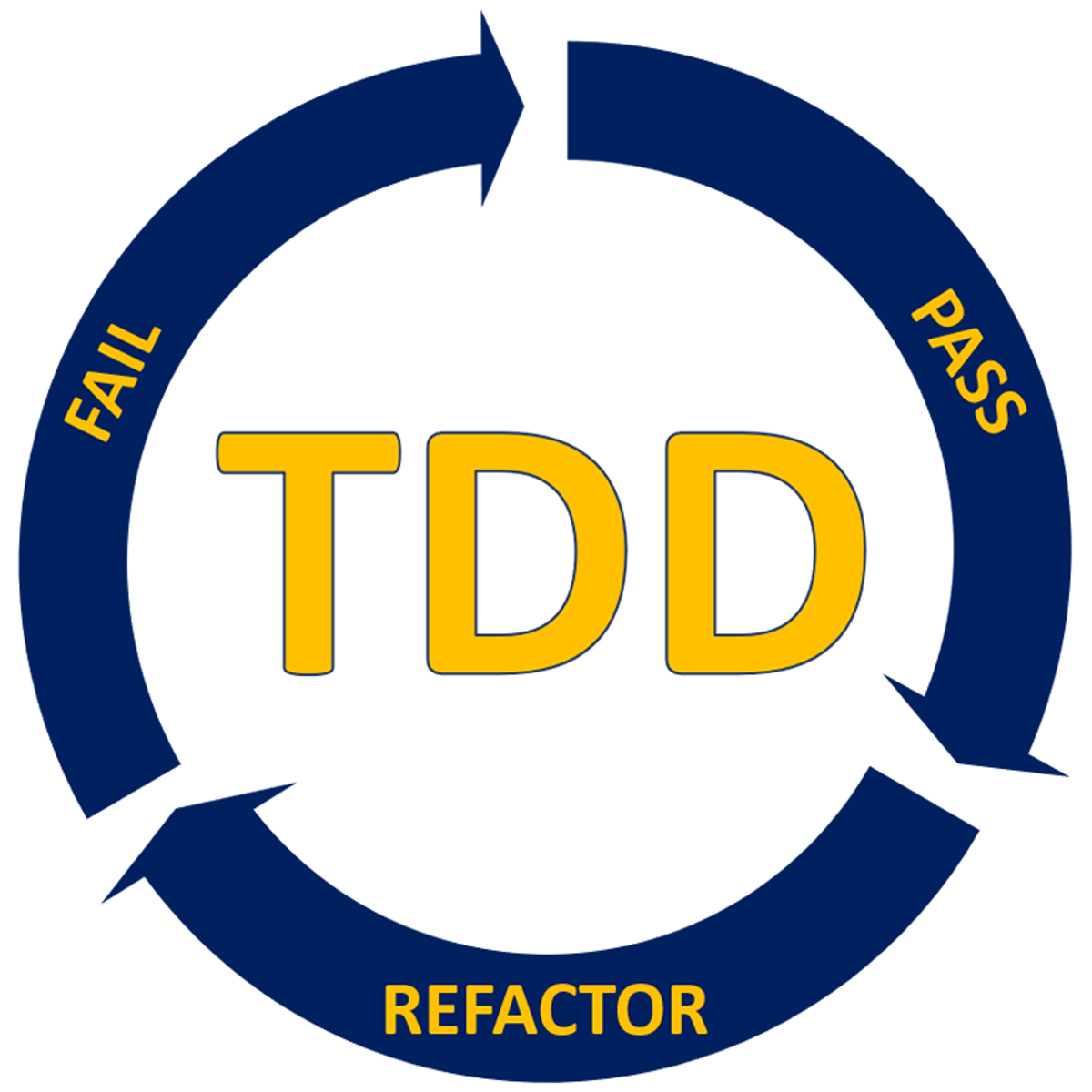Back to Courses









Computer Science Courses - Page 197
Showing results 1961-1970 of 2309

Coding for Designers, Managers, & Entrepreneurs III
Do you want to experience what it is to go from idea to code? If so, this is the place for you! This is the third course in the Coding for Designers, Managers, and Entrepreneurs Specialization. If you’re a hands-on collaborator with developers, this course is specifically designed for you. In this course, we’re going to focus on creating application logic (controllers) with Javascript, including interfaces to external API's and resources you can leverage to do a lot quickly. Coding for Designers, Managers, and Entrepreneurs III and its specialization will help you build a creative confidence and competence that will make you an even better collaborator on digital projects. This course was developed at the Darden School of Business at the University of Virginia and is taught by top-ranked faculty.

Cybersecurity Job Search and Interviews: Getting Started
Are you planning to have a career in cybersecurity?
This course can help you plan your preparation for such a career as well as give some advice on finding positions and landing a position.
After completing this course, a learner will be able to:
• Define the cybersecurity field and describe its variations.
• Describe the need for qualified cybersecurity professionals in U.S. and global organizations.
• Discuss the cybersecurity professional’s role in an organization’s cybersecurity effort.
• Describe the NIST NICE Cybersecurity Workforce Framework and the use as a cybersecurity career development tool.
• Explain the structure, location, and responsibilities of the cybersecurity department in a traditional versus non-traditional organization.
• List and explain the knowledge preparation for the cybersecurity professional from an education versus training perspective.
• List and describe the various cybersecurity certifications available to cybersecurity professionals and differentiate their suitability based on the professional’s career status.
• Describe the process and resources for finding the perfect cybersecurity job.
• Discuss the expectations and issues associated with the long-term cybersecurity career.

Test-Driven Development Project: Random Person Generator
In this course, we will apply skills related to test-driven development in a capstone project. This will test your ability to use exception handling, mock objects, and unit tests in a TDD lifecycle. After completion, you'll have a portfolio piece program that demonstrates you have a solid understanding of all concepts related to TDD!

Advanced R Programming
This course covers advanced topics in R programming that are necessary for developing powerful, robust, and reusable data science tools. Topics covered include functional programming in R, robust error handling, object oriented programming, profiling and benchmarking, debugging, and proper design of functions. Upon completing this course you will be able to identify and abstract common data analysis tasks and to encapsulate them in user-facing functions. Because every data science environment encounters unique data challenges, there is always a need to develop custom software specific to your organization’s mission. You will also be able to define new data types in R and to develop a universe of functionality specific to those data types to enable cleaner execution of data science tasks and stronger reusability within a team.

API Development on Google Cloud's Apigee API Platform
"In this course, you learn how to create APIs that utilize multiple services and how you can use custom code on Apigee. You will also learn about fault handling, and how to share logic between proxies. You learn about traffic management and caching. You also create a developer portal, and publish your API to the portal. You learn about logging and analytics, as well as CI/CD and the different deployment models supported by Apigee.
Through a combination of lectures, hands-on labs, and supplemental materials, you will learn how to design, build, secure, deploy, and manage API solutions using Google Cloud's Apigee API Platform. This is the third and final course of the Developing APIs with Google Cloud's Apigee API Platform course series."

Create a simple queue of names using Java
The learner will use a simple queue to create a list with names, using manually created Queue operations such as enqueue, dequeue, peek, size and print methods. The learner will also implement the pre-defined LinkedList class to perform operations on a queue.

Streaming HL7 to FHIR Data with Healthcare API
This is a self-paced lab that takes place in the Google Cloud console.
In this lab, you will explore some of the features of Cloud Healthcare API (HCAPI) to stream HL7v2 messages into HCAPI datastores and convert HL7v2 to FHIR and import the FHIR data into BigQuery for analytical use.

Motion Planning for Self-Driving Cars
Welcome to Motion Planning for Self-Driving Cars, the fourth course in University of Toronto’s Self-Driving Cars Specialization.
This course will introduce you to the main planning tasks in autonomous driving, including mission planning, behavior planning and local planning. By the end of this course, you will be able to find the shortest path over a graph or road network using Dijkstra's and the A* algorithm, use finite state machines to select safe behaviors to execute, and design optimal, smooth paths and velocity profiles to navigate safely around obstacles while obeying traffic laws. You'll also build occupancy grid maps of static elements in the environment and learn how to use them for efficient collision checking. This course will give you the ability to construct a full self-driving planning solution, to take you from home to work while behaving like a typical driving and keeping the vehicle safe at all times.
For the final project in this course, you will implement a hierarchical motion planner to navigate through a sequence of scenarios in the CARLA simulator, including avoiding a vehicle parked in your lane, following a lead vehicle and safely navigating an intersection. You'll face real-world randomness and need to work to ensure your solution is robust to changes in the environment.
This is an intermediate course, intended for learners with some background in robotics, and it builds on the models and controllers devised in Course 1 of this specialization. To succeed in this course, you should have programming experience in Python 3.0, and familiarity with Linear Algebra (matrices, vectors, matrix multiplication, rank, Eigenvalues and vectors and inverses) and calculus (ordinary differential equations, integration).

Cybersecurity and Its Ten Domains
This course is designed to introduce students, working professionals and the community to the exciting field of cybersecurity. Throughout the MOOC, participants will engage in community discourse and online interaction. Participants will gain knowledge and understanding of cybersecurity and its domains. They will engage with expertly produced videos, gain insight from industry experts, participate in knowledge assessments, practice assessing their environmental awareness, and gain access to materials that address governance and risk management, compliance, business continuity and disaster recovery, cryptography, software development security, access control, network security, security architecture, security operations, and physical and environmental security. Learning will be assessed using strategies aligned to knowledge and understanding.
You do not need prior experience in IT security to do well in this course. All you need is a willingness to learn. We will point you to relevant open and free resources to assist you.
At the end of this course, you will have the option of applying for undergraduate level course credit at Kennesaw State University (dependent on admission to Kennesaw State University as a degree seeking or a non-degree seeking student). More information is available in final module "Receive Course (undergraduate) Credit at Kennesaw State University".

Introduction to Java and Object-Oriented Programming
This course provides an introduction to the Java language and object-oriented programming, including an overview of Java syntax and how it differs from a language like Python. Students will learn how to write custom Java classes and methods, and how to test their code using unit testing and test-driven development. Topics include basic data structures like Arrays and ArrayLists and overloading methods.
